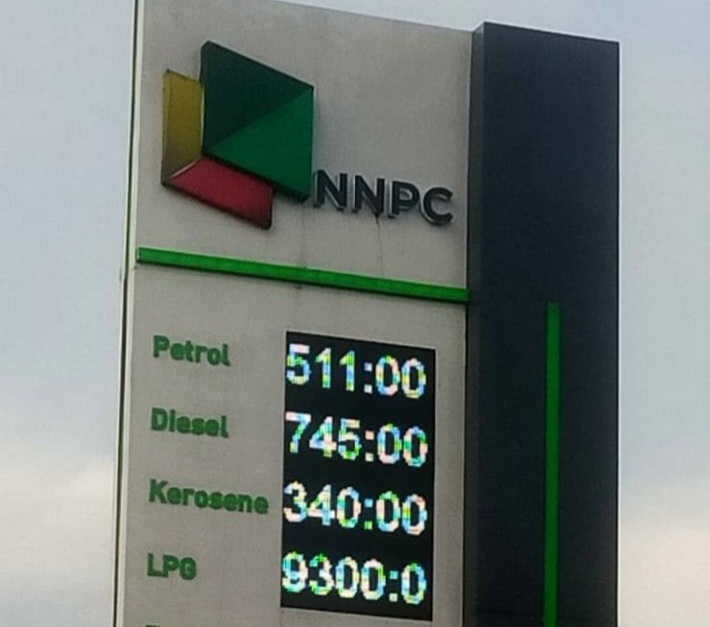By Judith Ukoh
Kazeem Akinpelu is a 27-year-old resident of Ikorodu, a suburb of Lagos state. He works as a software developer in Lekki, a highbrow area in Lagos state. Every work day, Kazeem leaves his home by 5a.m and gets to his office on or before 7a.m. He pays a total sum of 1,200 naira as transportation from his home to the workplace.
However, on Tuesday 30th of May, 2023, Kazeem’s sturdy routine changed. He got to his office by 9a.m, sweating profusely and lamenting the hike in transport fare. He had paid a total sum of 2,500 naira just to get to work. Kazeem wasn’t the only one who had faced that dilemma. His tale of woe was similar to countless others across the nation.
EDITOR’S PICKS
Nigerians resumed work on Tuesday after a one-day public holiday observed for the inauguration of President Bola Ahmed Tinubu to confront this situation. President Tinubu while giving his inaugural speech at his swearing-in on Monday had announced an end to the era of subsidy.
Consequently, the announcement triggered a hike of transportation fares, thus leaving a lot of commuters stranded at their various bus stops. Those who could not afford the new rate resorted to trekking to their destinations while others who were going far returned home. Some Filling stations have increased the price of PMS, while others have stopped selling. Fuel queues have now returned across the country.
Subsidies are considered to be vital in keeping fuel prices low and in turn, cost of living. However, the costs of these subsidies are a burden to government purse. The reality of the subsidy removal has now dawned on Nigerians due to the ripple effect it will have on their socio economic activities. It has not only affected transportation, but also the cost of goods and services. It could be argued of course that the immediate hike in the cost of the aforementioned is needless and just a means for vendors to reap other citizens off. Nonetheless, Nigerians have to brace of up for the coming months. The subsidy removal will bite, and it will bite hard.
On the other hand, the announcement of removal of subsidy shouldn’t have come as a surprise as it has always been a part of president Tinubu’s manifesto, and that of other presidential candidates. The Labour Party candidate, Peter Obi had also said he would remove fuel subsidy if elected into office as president.

According to Obi, the money spent on petrol subsidy should be channeled into key developmental initiatives. Former president, Goodluck Jonathan had also made efforts to remove subsidy but the move was met with opposition and stiff resistance from most Nigerians. It is thus not so far-fetched that the president intends to the same. According to him, the subsidy can no longer justify its ever-increasing costs in the wake of drying resources.
In all fairness, it is important to note that subsidy removal isn’t the idea of just the current administration. The Buhari-led administration had hammered on this for years. In fact, fuel subsidy was not captured in the 2023 budget. So with or without the president’s announcement on Monday, the removal of fuel subsidy was imminent. It would however appear that the immediate repercussions of the announcement might contradict the president’s promise of renewed hope, peace and economic renaissance.
All hope is not lost though. Economic experts have assured Nigerians that with strategic policies put in place, the subsidy removal will birth many benefits on the long run; benefits that will cut across all sectors. Strategic and transparent policies on how the funds will be utilized will go a long way in assuring citizens. These funds should be deployed into cushioning the effect of subsidy removal for the short and long term.
FURTHER READING
With the wealth of experience President Bola Ahmed Tinubu brings to the presidency, it is the hope of many Nigerians that though tough times loom, there is a bright light at the end of the proverbial tunnel.
Judith Ukoh is a reporter with Eko Hot Blog.
Click to watch our video of the week:
Advertise or Publish a Story on EkoHot Blog:
Kindly contact us at [email protected]. Breaking stories should be sent to the above email and substantiated with pictorial evidence.
Citizen journalists will receive a token as data incentive.
Call or Whatsapp: 0803 561 7233, 0703 414 5611
















